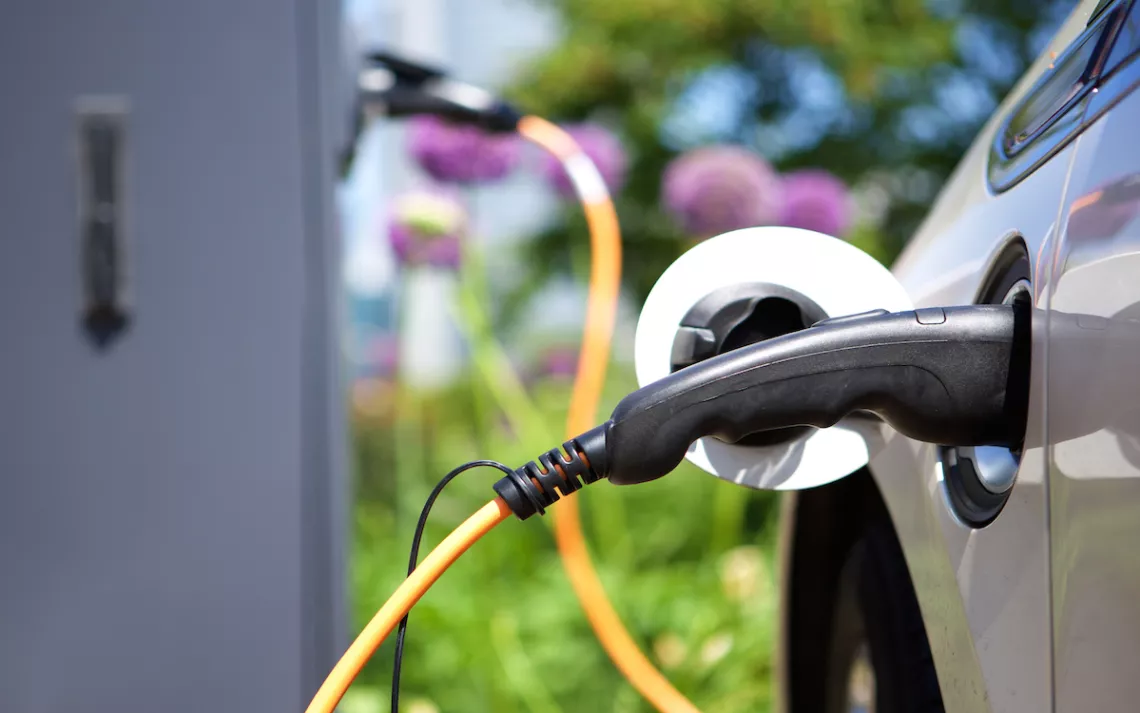Are Hybrid Car Batteries a Good Choice for the Environment?
Mr. Green sleuths out the answer

Photo by m-imagephotography/iStock
Hey Mr. Green,
I recently bought a 2018 Toyota Camry Hybrid, but a manager at the dealership said it would take eight years of gas savings to recoup the extra cost of the hybrid, which Toyota claims will get 46 mpg. While saving money on gas was not my primary reason for this purchase, will it really take eight 8 years to show a savings?
He also told me that this hybrid car was not a good environmental choice because of what it takes to produce the batteries. Is it true that my purchase was not an environmentally good choice due to the batteries?
—Janice in New Port Richey, Florida
If you put the fanciest, nonhybrid Camry up against a cheaper hybrid Camry, the hybrid wins. You can shell out $35,100 for a Camry that only gets 26 miles per gallon, while the lowest-priced hybrid Camry sells for $27,950 and gets 52 miles per gallon. So, based on the assumption that the average car travels 11,244 miles a year, this makes for a difference of 432 gallons a year versus 216 gallons per year, amounting to $5,184 for gas in eight years (at $3 a gallon). Add that to the fancier nonhybrid Camry’s $7,150 more in base price and in eight years you spend more than $12,000 on that fancy, nonhybrid Camry than on the modest Camry hybrid.
Of course you could also save by going all electric with, for example, the Chevy Bolt, now available for $30,000 after you take advantage of the federal tax credit.
In regard to the batteries, they retain at least 50 percent of their original power and can be used from seven to 10 years after being removed from a hybrid car. They are already powering everything from data centers to streetlights, and after their second career is over, material in them will be recycled.
The mining of lithium used in the batteries is a relatively simple process, and more damage is done by mining the copper and aluminum they contain—so please, please, recycle your wires and beer cans! By 2050, it has been predicted that carmakers will have invested $550 billion in reclaiming the material in these batteries.
 The Magazine of The Sierra Club
The Magazine of The Sierra Club



